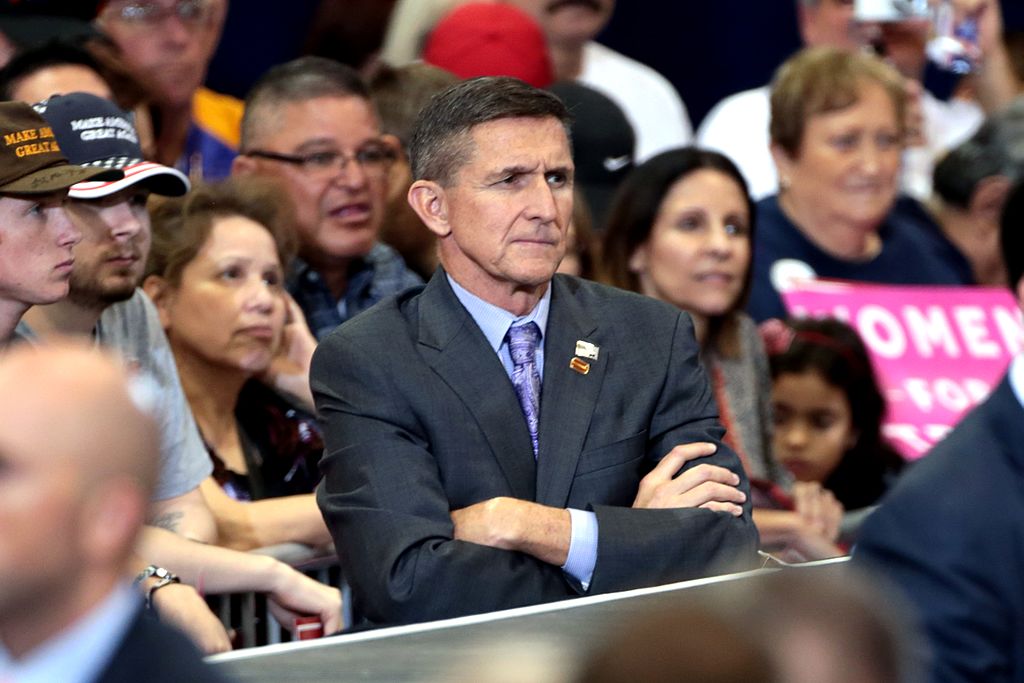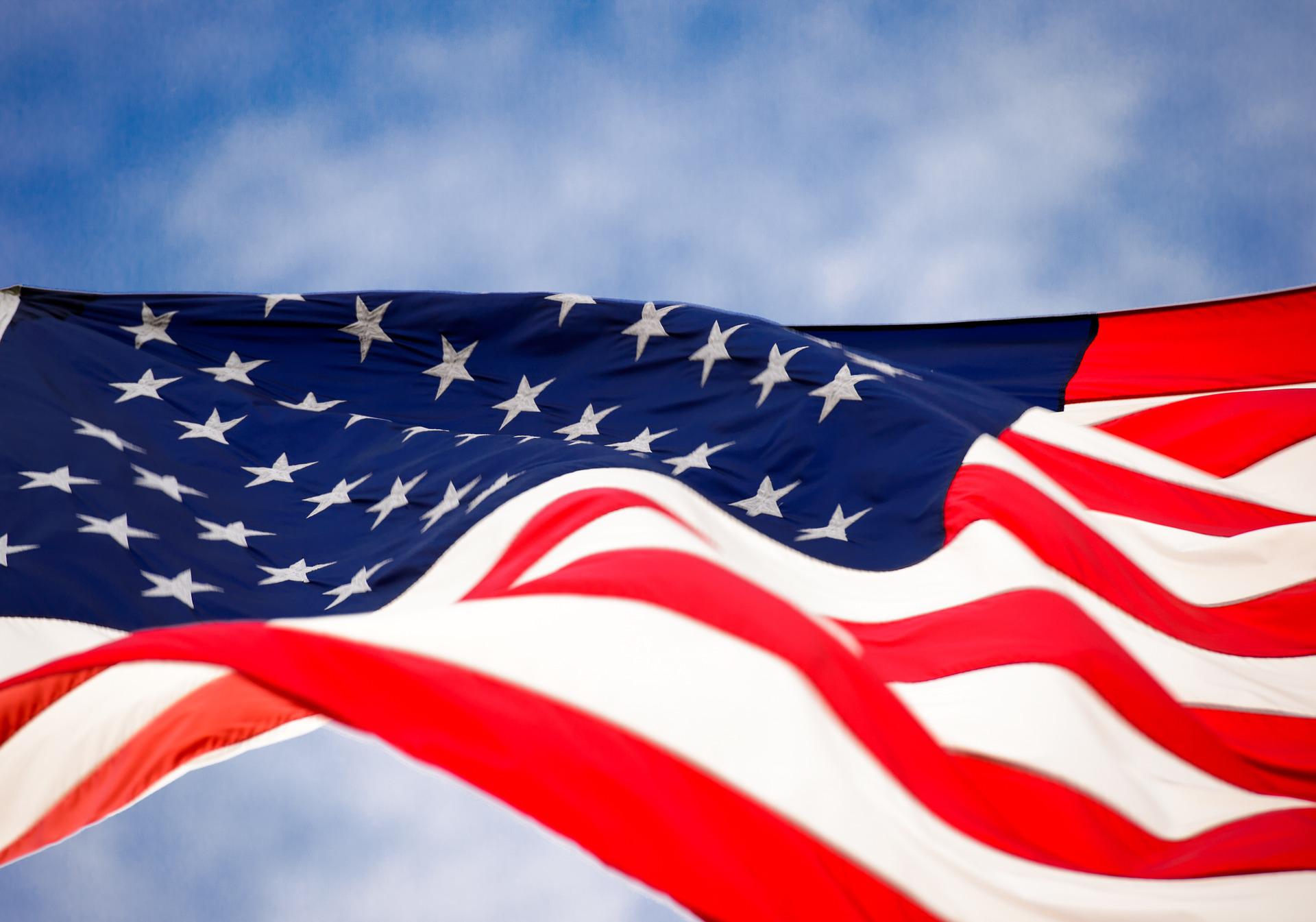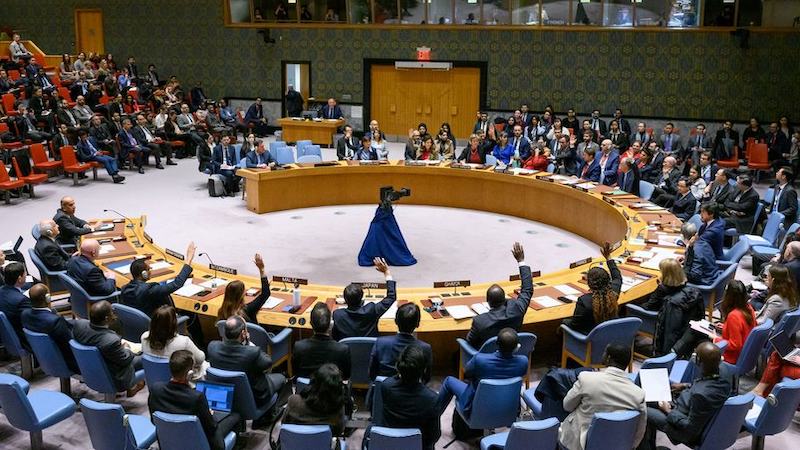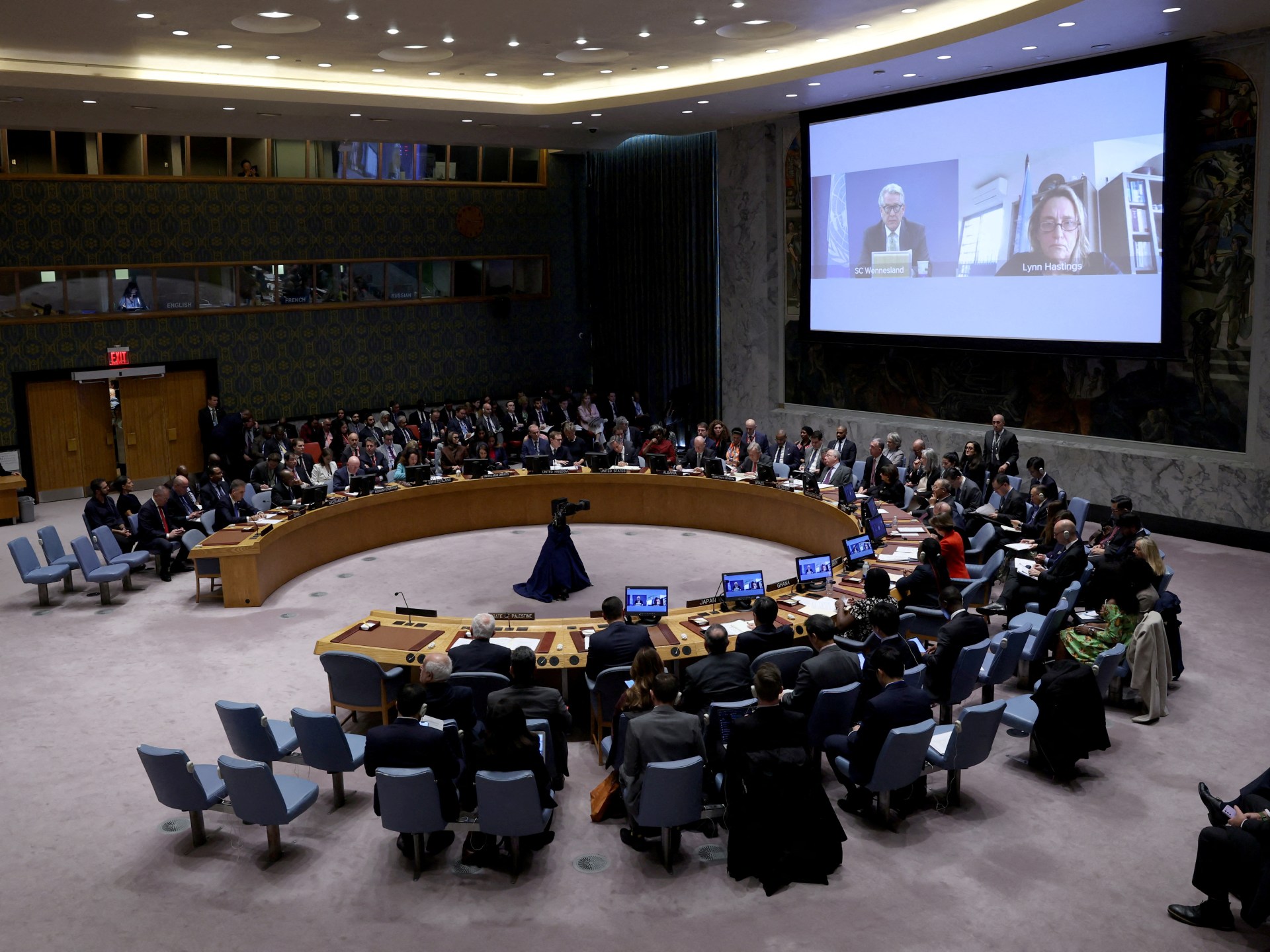




The United States is pushing for 'timely, accurate, and unbiased' reporting regarding North Korea's non-compliance with UN Security Council (UNSC) resolutions. This initiative comes in the wake of the disbandment of a crucial sanctions monitoring panel, which ceased operations four months ago due to a veto from Russia, with China abstaining from the vote. The panel's mandate expired on April 30, 2024, raising concerns about the growing cooperation between Pyongyang and Moscow amidst a lack of oversight [3ffd4f73].
The UN panel, established in 2009 under UNSC Resolution 1874, had previously published biannual reports detailing sanctions violations by North Korea. Its disbandment has left a significant gap in monitoring North Korea's activities, which the US views as critical to maintaining international security and enforcing sanctions effectively [3ffd4f73].
In a related context, during the transition period before taking office, members of Donald Trump's team, including Michael Flynn, exerted pressure on the Obama Administration to veto a UN Security Council resolution condemning Israeli settlements. The team sought to influence Egypt and Britain to oppose the resolution, and on the day of the vote, they requested information to contact ambassadors and foreign ministers of Security Council members, but this request was denied. Nikki Haley, the US ambassador to the UN, attempted to reach out to Samantha Power, but her calls went unanswered. Flynn also contacted foreign ambassadors to the UN Security Council, including those from Uruguay and Malaysia. Ultimately, the resolution was approved on December 23, 2016, with the US abstaining instead of vetoing it [4b4514e5] [e87c3aa9].
Russia's envoy Vassily Nebenzia accused the United States of exerting undue influence over the Security Council's decisions regarding the Middle East. He expressed regret over the US rejection of an Algerian resolution advocating for Palestine's full membership in the United Nations, claiming that other Security Council members have effectively become 'hostages' of US policy on Middle Eastern affairs [e87c3aa9]. In response, Washington's deputy envoy Robert Wood defended the US veto, citing President Joe Biden's commitment to a two-state solution and Israel's security.
The op-ed by Thalif Deen in Eurasia Review highlights the use of veto power by the United States, China, and Russia to protect their allies and block resolutions that go against their interests [6f6f8461]. This power dynamic has often hindered the Council's ability to take decisive action on pressing global issues. The article points out that the US has frequently used its veto power to protect Israel from resolutions critical of its actions in the Israel-Palestine conflict [30528296] [6f6f8461]. Similarly, China and Russia have used their veto power to shield countries like North Korea from resolutions condemning their behavior [6f6f8461].
The op-ed also sheds light on some memorable moments of Cold War politics at the Security Council, including a notable incident from 1962 during the Cuban Missile Crisis, which highlighted the deep divisions between the US and the Soviet Union [6f6f8461]. Furthermore, it discusses the extent of Cold War espionage at the UN, revealing that the organization was a hotbed of intelligence gathering and covert operations [6f6f8461].
The article concludes with ongoing discussions about reforming the Security Council, including calls to expand its membership and address the issue of veto power, which some argue gives too much influence to a few powerful nations [6f6f8461]. These reform efforts aim to make the Security Council more representative, transparent, and effective in addressing global challenges [6f6f8461].